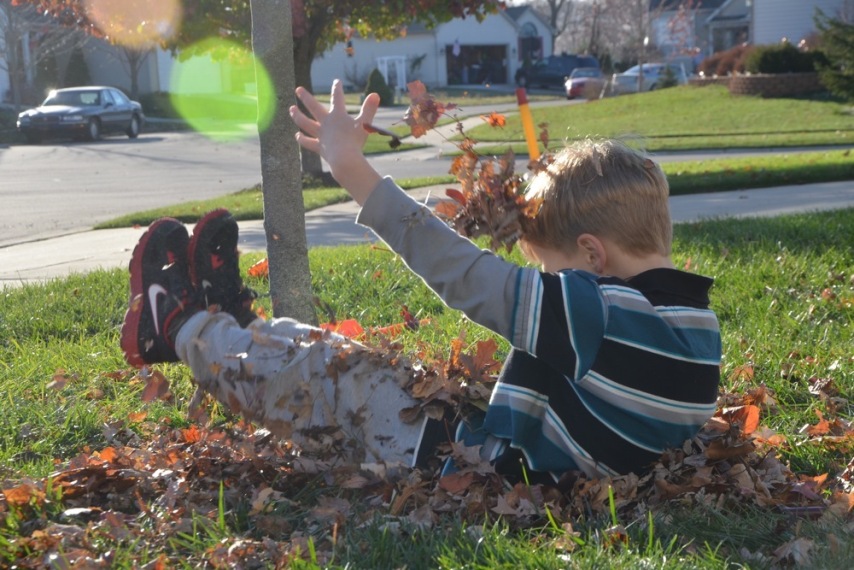Journal Categories
- Notes (2)
- Project 365 (9)
- To Calvin... (23)
- Video (44)
- week in review (6)
Journal Tags
- 12 days of Christmas (74)
- 2013 goals (1)
- 2019_365 (27)
- 3365_2018 (1)
- 3365_2019 (1)
- 3365_2022 (1)
- 3365_2023 (1)
- 365_2010 (46)
- 365_2013 (45)
- 365_2014 (1)
- 365_2015 (33)
- 365_2016 (36)
- 365_2018 (335)
- 365_2019 (334)
- 365_2020 (358)
- 365_2021 (360)
- 365_2022 (369)
- 365_2022=3 (1)
- 365_2023 (340)
- 365_2024 (346)
- 365_2025 (2)
- 465_2024 (3)
- 4H (12)
- a boy and his dog (77)
- activities (81)
- American history (4)
- Americas (1)
- ancient civilizations (10)
- April (39)
- archery (1)
- architecture (1)
- art (32)
- Art Fair (10)
- arts & crafts (33)
- astronomy (1)
- awayschooling (2)
- baking (15)
- band (44)
- bassoon (53)
- beer (9)
- beer fridays (5)
- BFSU (2)
- biking (2)
- bird watching (78)
- Birding (15)
- birthdays (81)
- blanket (1)
- Blue Lake (5)
- book reviews (3)
- books (78)
- breakfast (2)
- breweries (3)
- bullet journaling (16)
- butterflies (1)
- camping (28)
- choir (52)
- chores (8)
- Christmas (166)
- Clarinet (1)
- cocktails (9)
- college (14)
- college tours (7)
- community (64)
- concerts (3)
- cookie (35)
- cooking (32)
- cool stuff (23)
- county parks (10)
- creating (3)
- crochet (4)
- crows (9)
- CSA (1)
- curriculum (3)
- dance (41)
- development (47)
- Diamond (10)
- dinner (3)
- dinner explorations (1)
- dinosaurs (5)
- Disney (9)
- dog training (28)
- drawing (2)
- drum major (4)
- easter (13)
- egypt (8)
- electricity (1)
- empty nesting (7)
- enchantments (1)
- Encore (3)
- events (11)
- Evolution (8)
- exercise (3)
- fairs (19)
- fall (178)
- family (526)
- family dinners (4)
- family fridays (3)
- farm (75)
- felt (3)
- fetch (1)
- ffamily (1)
- ffarm (2)
- field trips (11)
- fitness (1)
- food (4)
- football (77)
- forest bathing (1)
- friends (122)
- frisbee (2)
- games (26)
- gardening (99)
- geography (5)
- geology (1)
- Gimli (620)
- government (2)
- Greece (2)
- grief (3)
- growing up (4)
- HAA (12)
- Halloween (73)
- health (2)
- heros (1)
- high school (201)
- hiking (100)
- hilarity (1)
- history (23)
- hobbies (7)
- holidays (300)
- home (6)
- home projects (24)
- homeschool group (28)
- homeschooling (165)
- homework (6)
- HS sophomore (2)
- humor (82)
- illustrating (1)
- imagination (4)
- insects (6)
- Iris (126)
- Italy (13)
- jazz band (4)
- journaling (16)
- kid speak (15)
- latin (4)
- learning (33)
- Lego (10)
- Legos (7)
- LGBTQ (1)
- library (9)
- life (212)
- lists (11)
- magnets (1)
- make-believe (6)
- marching band (45)
- math (10)
- meals (2)
- Mesopotamia (2)
- methods (2)
- Michigan (33)
- Michigan Engineering (1)
- milestones (124)
- Moose (28)
- mothering (2)
- movies (5)
- museums (20)
- music (51)
- musicals (2)
- National Days (18)
- national parks (5)
- nature (97)
- Nature Thursdays (8)
- neighborhood (3)
- nnature (1)
- nostalgia (3)
- nutrition (1)
- Oahu (5)
- observatons (1)
- Ollie (41)
- orchestra (3)
- organic (1)
- Pandemic 2020 (176)
- parenting (142)
- pets (713)
- photography (120)
- piano (63)
- playing (1)
- poetry (5)
- politics (2)
- portraits (1)
- ppets (1)
- pregnancy (15)
- prehistory (15)
- Pride (1)
- programming (1)
- raising butterflies (5)
- reading (78)
- recipes (2)
- resources (1)
- Robotics (78)
- rocks (1)
- routines (1)
- running (14)
- school (16)
- science (45)
- senior year (30)
- sewing (6)
- shakespeare (1)
- soccer (1)
- spring (127)
- Stratford (17)
- summer (162)
- summer camp (18)
- swimming (10)
- taco tuesday (1)
- tap (1)
- tech (2)
- teenagers (296)
- Thanksgiving (14)
- theater (52)
- Tinkering (4)
- Titanic (1)
- top ten (10)
- traditions (323)
- trains (6)
- travel (174)
- U.S. history (2)
- unit studies (1)
- UofM (1)
- vacation (24)
- video games (13)
- volunteering (4)
- weather (10)
- week in review (2)
- Well Trained Mind (1)
- wildflowers (12)
- wildlife (100)
- wine (11)
- winter (103)
- Wizard of Oz (2)
- work (2)
- workboxes (3)
- world cuisine (1)
- writing (3)
- yard wildlife (6)
- Zoo (68)
Entries in theater (52)
Copyright © 2019, Cortney and Jon Ophoff. All rights reserved.


 Sunday, September 17, 2023
Sunday, September 17, 2023










































